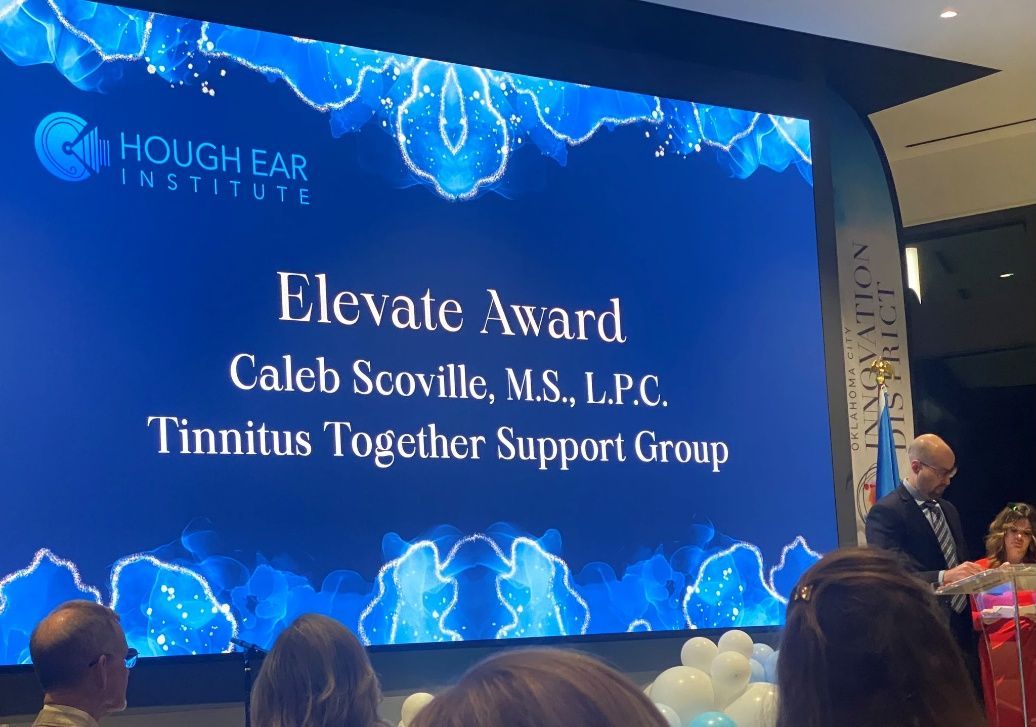In It for The Long Run
By Kay Gackle

And let us run with perseverance the race marked out for us, fixing our eyes on Jesus, the pioneer and perfecter of faith. For the joy set before him he endured the cross, scorning its shame and sat down at the right hand of the throne of God. Consider him who endured such opposition from sinners, so that you will not grow weary and lose heart. (Heb. 12:1-3)
These last few years have felt like a long run, a very long run; and at times it feels like we are still running. What I know about running is that there is a starting line where you are just in the beginning of it all; there is excitement, anticipation and adrenaline. We don’t know what the race will look like, but we are committed to running it well.
Then there’s the runner’s high, this sense of euphoria that helps runners feel relaxed and calm. You are feeling good, and even this euphoria helps shield against pain from the long bout of exercise, at least temporarily.
Then there’s “hitting the wall” – the dreaded point and awful feeling similar to what your body would feel like if you ran into a wall that you can experience during a race when your muscle glycogen stores become so depleted and a feeling of fatigue engulfs you. At each of the moments in a race, runners have a choice on what they will do when they experience this.
These last two years have felt a little similar to the experience of running; when everything first shut down, we headed into the unknown with anticipation, had hope that it would be over soon and that there was a finish line, and felt the adrenaline that helped us make the best of being at home in this new way of life. Then a “runner’s high” where we maybe even experienced a little joy at the extra family time and the slowing down of life. Then we hit a wall where we felt so depleted and fatigued and the finish line seemed nowhere in sight or even possible to cross. Some of us are still there. We are living in the persevering place of this race.
Here are 4 ways to help us persevere:
- Shorten the viewpoint
We adjust our race to become short course running and not a marathon. Instead of looking out to the next year or few years, shorten the viewpoint. Maybe shorten it to just next month. From there, define what you want the next month to look like and identify some small, attainable goals that you can hit. Perhaps it’s reading a book, going for more walks or exercising, spending quality time with loved ones or getting more regular sleep. Sometimes when we are feeling really depleted or fatigued, it can feel hard to be motivated. For instance, exercising might feel like it’s too much because in your mind that equals doing something intense for 30 minutes, but just walking around for 5 minutes can be a start to that. If a new goal feels too overwhelming, shorten it up into even smaller actions.
- Focus on being whole-achievers instead of high-achievers.
High achieving is a great thing, but often times in our pursuit of this, we neglect some key areas of our life. There is one area that specifically tends to get neglected, and that is the spiritual area our life. Our relationship with God or our lack of relationship with God can impact every other area of our life. On whom we focus while we are persevering matters. The verse above says we fix our eyes on Jesus and to consider Him, then the end of the verse gives us the why, “so that you will not grow weary and lose heart.” We need to stay connected to Jesus and the Word to really persevere well. - Zoom In and Out
In times of persevering, it’s helpful to live in a balanced perspective of zoom in and zoom out. If we think about a tree, it’s made up of many leaves. If we zoom in, each of those leaves have their own cells and parts that make up that leaf. If we zoom out, we see the bigger picture, the whole tree. Likewise, we each have different experiences that have made up our trees; when we zoom in, we can see how painful or hard those might have been, but when we zoom back out, we can see how we made it through, lessons we learned, joy we found after that, resilience that was gained from it. Living in this balanced perspective of acknowledging how hard life might be right now and knowing this isn’t the end of the story, rather just another leaf to our full tree, will help us to persevere. - Laugh
There are many studies that show the benefits of laughing. In fact, the study of laughter is called gelotology. It uses multiple parts of the brain and, because of that, laughing helps strengthens neural connections, reduces certain levels of stress hormones and improves your mood. It provides a physical outlet: it is estimated that laughing 100 times equals a full body workout of 10 minutes on a rowing machine! It provides an emotional outlet: it is cathartic and can help us release negative emotions.
Kay Gackle is a licensed marriage and family therapist at Transforming Life Counseling Center.






